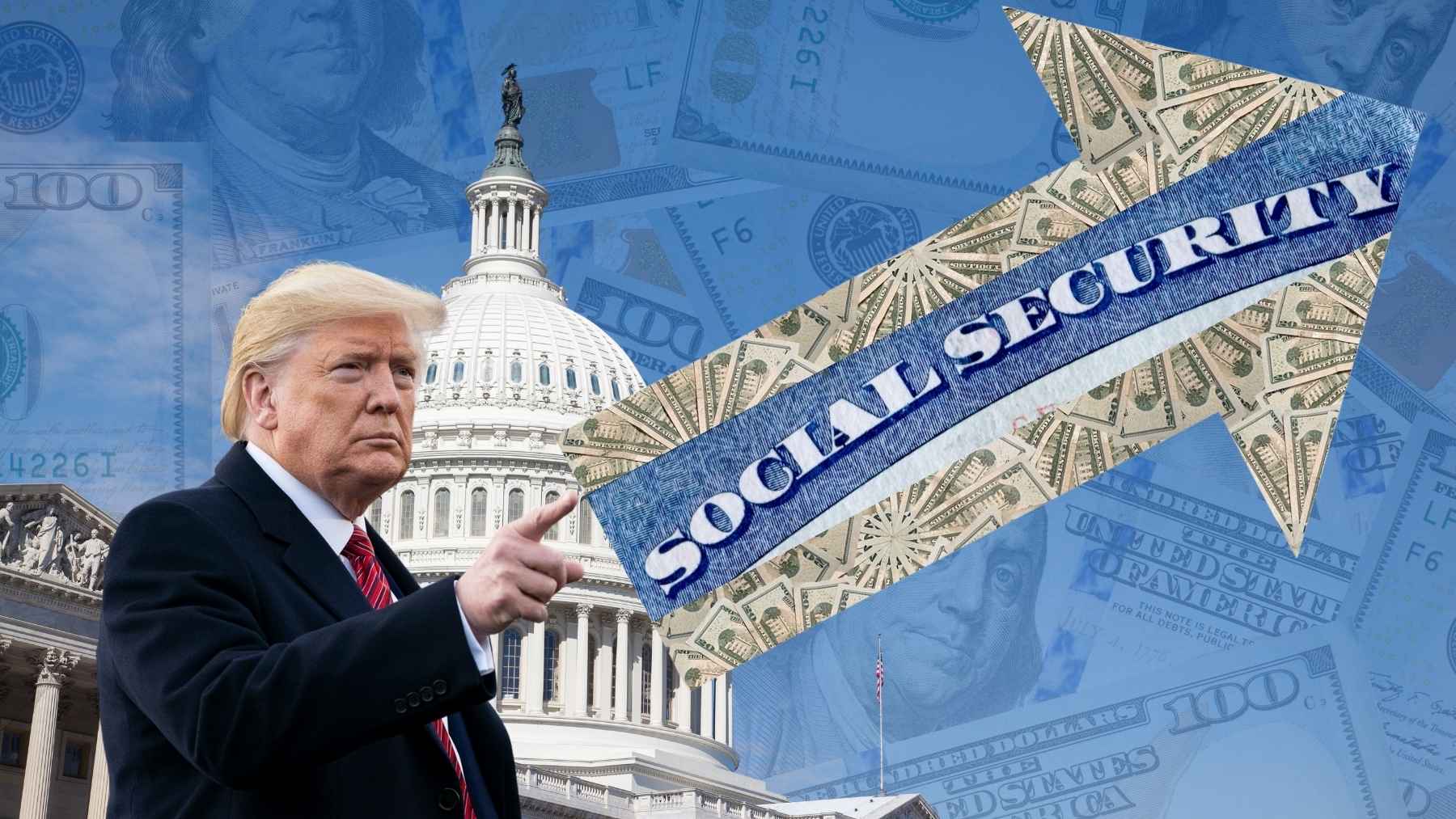More than 70 million Americans currently receive benefit checks from the Social Security Administration (SSA) on a monthly basis. Some of these beneficiaries will potentially be required to pay taxes on their monthly Social Security benefits, however. As such, during his presidential campaign in 2024, a promise that was repeatedly made by the now-President Donald Trump was the elimination of taxes on Social Security benefits.
Since eliminating taxes on Social Security benefits would cause a fair amount of turmoil to the insurance program at large as it in a source of revenue for the program, it appears that in President Trump’s new mega bill — the One, Big, Beautiful Bill Act — there will be a slight reprieve for taxpaying seniors. The One, Big, Beautiful Bill Act contained no proposals for the elimination of taxes on Social Security benefits. Instead, a temporary increase to tax deductions for seniors was proposed.
Here is what you need to know.
The OBBBA and Social Security taxes
According to the White House, “Under the One Big Beautiful Bill, the vast majority of senior citizens — 88% of all seniors who receive Social Security — will pay NO TAX on their Social Security benefits, according to a brand new analysis from the Council of Economic Advisers.”
The OBBBA narrowly passed the Senate at a 51-50 ratio earlier this week and in the Senate’s version, an additional tax deduction of $6,000 for seniors aged above 65 years was proposed. In the previous version passed by the House, the proposed additional tax deduction was only $4,000. Both proposals, however, are meant to be a temporary tax relief for qualifying seniors and as such, if the OBBBA passes the final vote and becomes law, the proposed additional $6,000 tax deduction will be in effect for the period starting in 2025, and ending in 2028.
“This amounts to the largest tax break in American history for our nation’s seniors,” as per a recent report from the White House Council of Economic Advisers.
“This is a substantial tax break,” Marc Goldwein, senior policy director for the Committee for a Responsible Federal Budget, said to Axios. “As a whole seniors in this country are the wealthiest cohort in the history of the known universe.”
As such, if the OBBBA passes into law, senior citizens will be able to retain an additional $6,000 of their benefit amounts for single filers, and in the case of joint filers, the couple will be able to save an additional $12,000 from being paid as tax. As such, under the OBBBA, the following will be applicable:
“A senior who files as a single taxpayer and receives the current average retirement benefit (approx. $24,000) will see deductions that exceed their taxable Social Security income. Married seniors who both receive the average $24,000 Social Security income — a total of $48,000 in annual income — will also see deductions that exceed their taxable Social Security income.” as outlined by the White House.
Other upcoming changes with Social Security
Digitization is afoot at the Social Security Administration (SSA) and the federal government at large. Starting in the summer of this year, the SSA will be rolling out a new feature on your my Social Security account that will allow you to securely display your Social Security Number from your mobile device. This feature is to be used in conjunction with your traditional paper SSN card and has been introduced to reduce the risk of losing your physical card as merely having you SSN without the card will suffice in most non-SSA related transactions.
Additionally, an executive order from President Trump has revealed that all federal disbursements and payments will be made using electronic payment systems as of September 30th, 2025. According to the executive order, the use of paper-based payment methods such as checks “imposes unnecessary costs; delays; and risks of fraud, lost payments, theft, and inefficiencies.”

